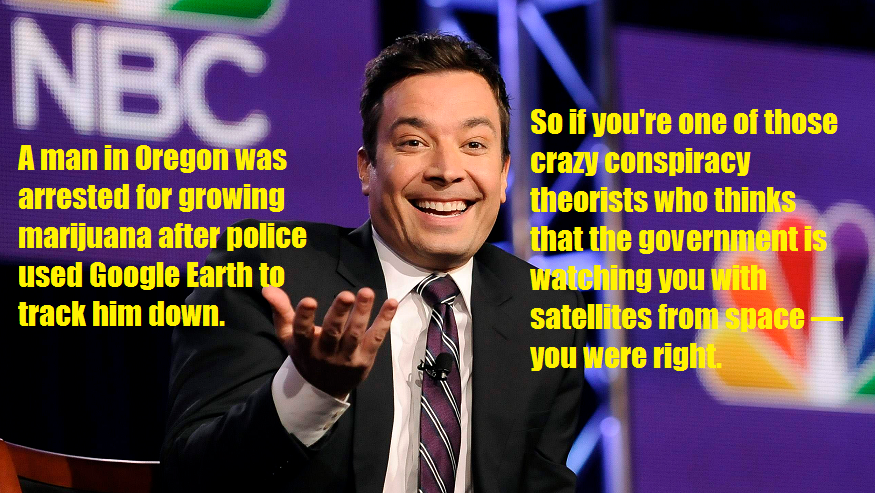1989 was a year of disruptive change. The Berlin Wall came down, promising hundreds of millions of people an end to oppression, mass surveillance and restrained markets. The same year the World Wide Web (the http protocol) was born, bringing us all new ways of communication, cooperation and creativity.
The irony of it all is that Big Government and Big Business don’t approve of a free and open internet. So they try to regulate, to hinder free flows of information, to spy on people and to suppress the free market.
— o —
When scientists at Cern launched the WWW (http) they decided not to patent it–but to hand it over to all of mankind. This is the reason we have one common, global network today–instead of a compartmented Internet run by different companies.
Suddenly everyone could share information on a global scale. And information is power. This is where trouble begins. Those in power are not interested in letting go.
Big Government gets panic-stricken by the prospect of losing control. And Big Business (especially in the information monopoly industry) dislike change and fear a truly free market.
When these interests meet, it is a perfect marriage. Governments want control (and covert access to information). Big Copyright wants laws to protect them from technical progress, an ever changing market, new competition and–ultimately–from their own customers.
Big Government and Big Business do not want information to be free. The circle is closing.
So we get mass surveillance. We get laws restricting flows of information and free speech. We get governments going after people exposing the truth. We get limitations of competition and free enterprise. We get special interests manoeuvrering around the democratic process. We get regulations replacing free markets and spontaneous order. Back to the future.
This is the crossroad where we stand today. Should we allow Big Government and Big Business to build new walls? Or should we use technology, encryption, disruptive tools like Blockchain, openness and political activism to defend a free and open society?
Because this fight is not just about the Internet.
/ HAX
